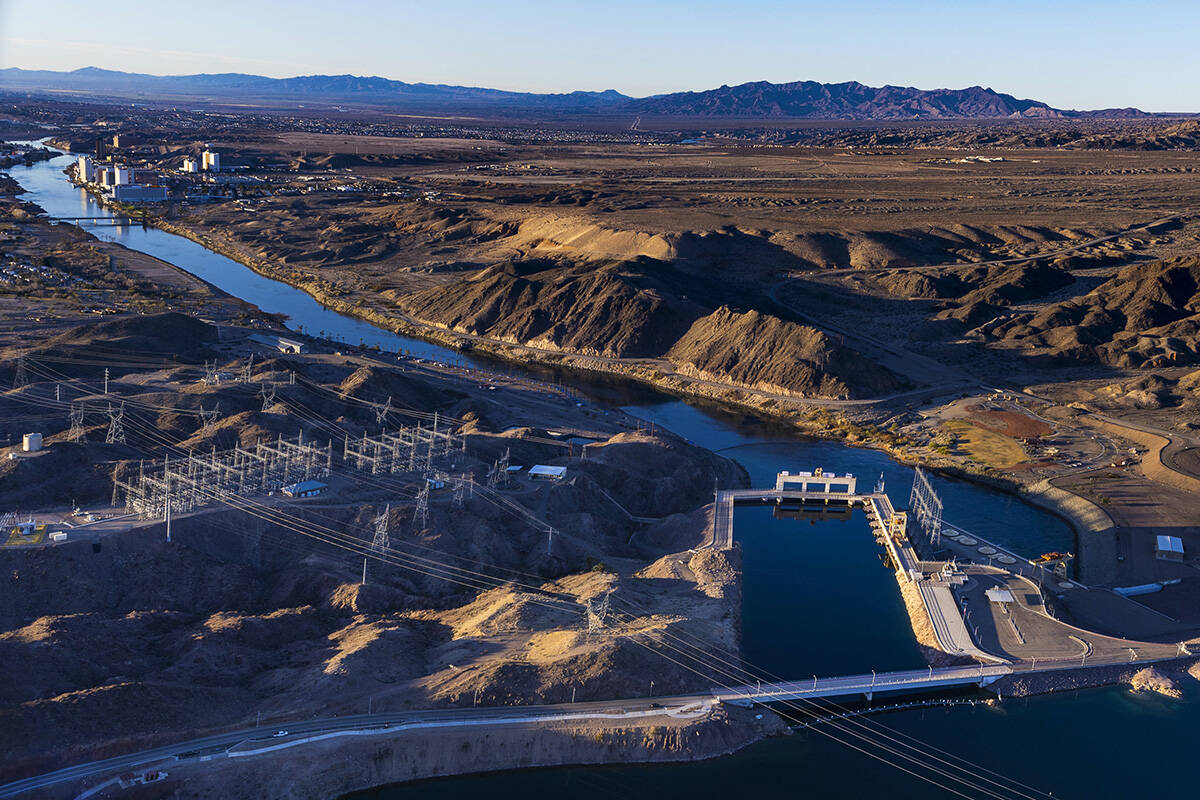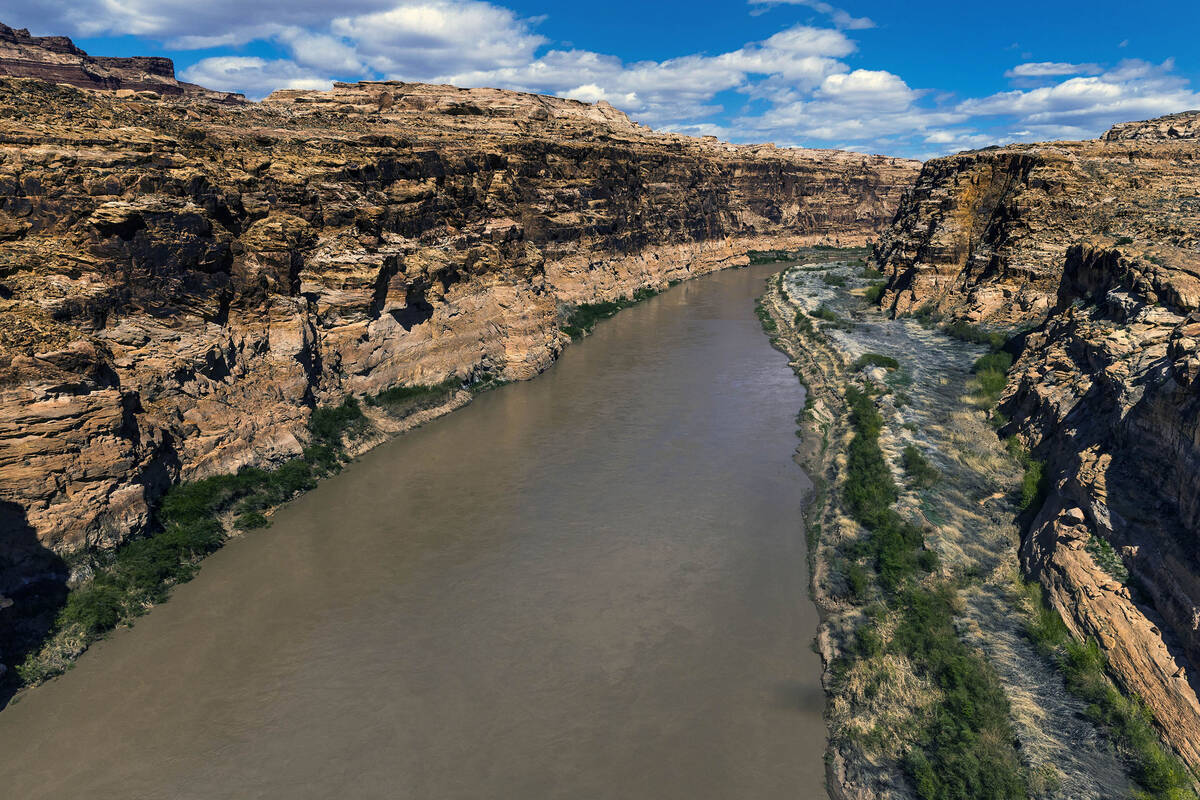‘Humans must solve the problem’: Public heard in Colorado River report
A new report released Thursday by the Bureau of Reclamation shows the wealth of public feedback officials received as they begin the process of developing new guidelines for the Colorado River, which provides water to about 40 million people in the Southwest.
The “Scoping Report for Post-2026 Colorado River Reservoir Operations,” shows what federal, state and local governments, tribes, advocacy groups, individuals, and anyone with an interest in the vitally important, 1,400-mile-long river are asking for when it comes to how the Colorado and its dams and reservoirs will be managed after several sets of guidelines and agreements governing its use expire at the end of 2026.
The bureau received more than 24,000 letter submissions over two months, the report said. The comments came in after the bureau said in a June 16 notice that it was formally beginning the process to prepare an environmental impact statement ahead of the development of post-2026 guidelines that would replace the expiring rules.
Meanwhile, the Biden administration on Thursday announced a timeline for setting the new guidelines. According to a news release from the Department of the Interior, a draft environmental impact statement is expected by the end of 2024 and will include a public comment period. A final environmental impact statement will be ready by late 2025.
The new guidelines, which would replace the 2007 Colorado River Interim Guidelines for Lower Basin Shortages and the Coordinated Operations for Lake Powell and Lake Mead, would take effect in 2027.
Since 2000, according to the federal government’s drought.gov website, the Colorado River basin “has been experiencing a historic, extended drought” with Lake Mead and Lake Powell seeing record-low water levels in recent years. Southern Nevada gets about 90 percent of its water from the river via Lake Mead.
The comments documented in the report show a range of opinions on issues related to the river. Some want Lake Mead prioritized over Lake Powell when it comes to filling the reservoirs, with the Glen Canyon Dam either bypassed or decommissioned. Many of the commenters wanted cities and individuals to take more responsibility in conserving their water use.
“Lake Powell as a water tank is highly inefficient — winding through hundreds of miles of Glen Canyon’s sandstone, absurd amounts of water are lost through these porous walls,” said Slade G. Sheaffer, according to the report. “Meanwhile, Lake Mead downstream is also mostly empty.”
“I think that we should prioritize filling Lake Mead first,” Kylie Anyce Bearden wrote. “Lake Powell loses a tremendous amount of water to evaporation and absorption into the sandstone.”
Other commenters wanted to ensure Lake Powell and Lake Mead are maintained as boating-friendly recreation areas.
“I hope that keeping water in Lake Powell will be a priority so that my family and all the other families like mine can continue to enjoy the lake,” Hayden Flores wrote.
Others said the allocation of water to seven states — California, Nevada, Arizona, Colorado, New Mexico, Wyoming and Utah as well as Mexico, which also gets water from the river — that rely on the Colorado should be updated to reflect changing populations.
“For the lower basin, the prioritization of use of the water needs to be re-allocated to account for the increase in population in Nevada, and Arizona. Much of this population growth has come from California, so that state should not receive priority,” Neil Fischnaller wrote.
“The choice of each town, city, and state to grow irresponsible with no regard for water security should no longer be encouraged,” Patricia Betzhold wrote.
“Humans caused the low water issues. Humans must solve the problem by lowering their water use,” Kathryn Hiestand wrote.
Contact Brett Clarkson at bclarkson@reviewjournal.com.























